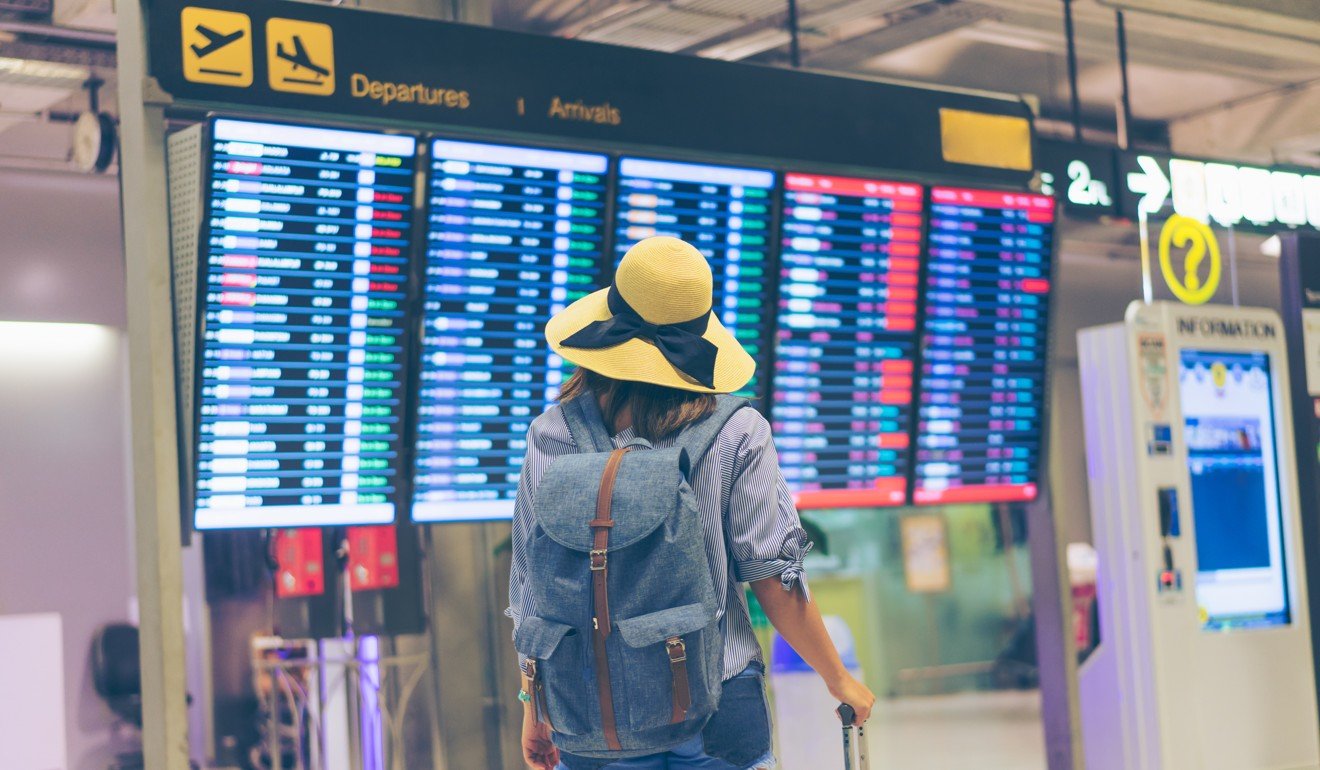
Five tips for using Booking.com, Skyscanner, Expedia and other online travel agents
If you’re searching for the cheapest flights or hotels, or want the most comprehensive search results, it pays to know how the online travel agency industry works
We live in the age of do-it-yourself travel. Where once we relied on traditional tour operators and travel agents, now most of us only use online services. We have the freedom to create our own travel plans, mixing and matching everything from flights and hotels to rental cars and activities.
But how well do you really know brands like Booking.com, Expedia, Kayak, Skyscanner and Agoda? These different platforms all have their own quirks and goals.
Seven apps every trip planner will want on their smartphone
These five tips will help you understand more about how the online travel agency business works, and how to navigate it successfully to get what you want.
1. Understand the industry
Do you know the business model of your favoured online travel agent platform? Or what else it owns?
It may seem irrelevant, but a little knowledge of who they are and how they work can give you a real boost in finding the cheapest prices.

It may surprise you to know that the online travel industry is dominated by two companies: Expedia and Booking Holdings. Expedia owns Orbitz, Travelocity, Hotwire, eBookers and CheapTickets, while Booking Holdings comprises Booking.com, Priceline, Agoda, Kayak, Cheapflights, Rentalcars, Momondo and OpenTable.
Ctrip, China’s biggest travel agent, owns Trip.com, Tours4fun and Skyscanner.
2. Do not rely on one brand
Different platforms offer different prices for flights and hotels, and results can vary greatly from site to site.
Many people tend to be loyal to specific apps and websites. That is partly because there are now so many different brands in the business of selling travel products that it can be confusing to navigate them all. But if you are just looking for the cheapest price, it pays to use a number of different platforms.
3. Know the two types of platforms
Few travellers realise that the online travel industry is split into two very different types of platform.
The likes of Booking.com, Agoda, Expedia and Clear Trip make their money directly from hotels by charging them a commission each time they accept a booking. They are known in the industry as referral agents and have flourished in the digital era, despite using an old-fashioned business model.
The second type are price-comparison sites. These are search engines that aggregate the entire market.
The key three are Kayak, Trivago and Skyscanner, all of which make their money not from the hotels, but from the very online travel agents they are competing against. They are focused only on finding the cheapest price.

For example, Trivago compares hotel prices from more than 200 booking sites (such as Agoda, Hotels.com and Booking.com), and presents the user with a link to the platform that is selling it for the cheapest price. It makes its money by referring its users to those sites.
If you are just looking for the cheapest price for a hotel on a specific date, and do not care what platform you book with, Trivago and Kayak (which makes revenue from sister brand Booking.com) are worth checking. Ditto Skyscanner for air travel.
Google Flights is a convenient tool, but the airfares it finds are often more expensive.
4. Sort results by price
Do not assume that online travel agents rank results by price to help you find the best deal.
Booking.com’s list of hotels for any given destination and date are by default ordered by “our top picks” – specific hotels that have paid it a bigger commission. Instead, use its built-in filters to reorder the results, such as “lowest price first” or “review score and price”.

Most referral agents do similar “boosted” listings in some form, so knowing the business models behind these sites helps ensure you find what you are looking for.
5. Use a regular search engine
Many of the best features of price-comparison sites are now built into regular search engines.
For example, type “flights HK to San Fran” into Google and an answers box at the top of the page will tell you how many flights there are per day, flight duration and which days they operate on.
How to travel without using disposable plastic items
Yahoo search has just integrated Skyscanner into its search platform to offer flight search features. This is available on Yahoo’s desktop and mobile website in Hong Kong and Taiwan. For now it is only in Traditional Chinese, though we expect that to change soon.

